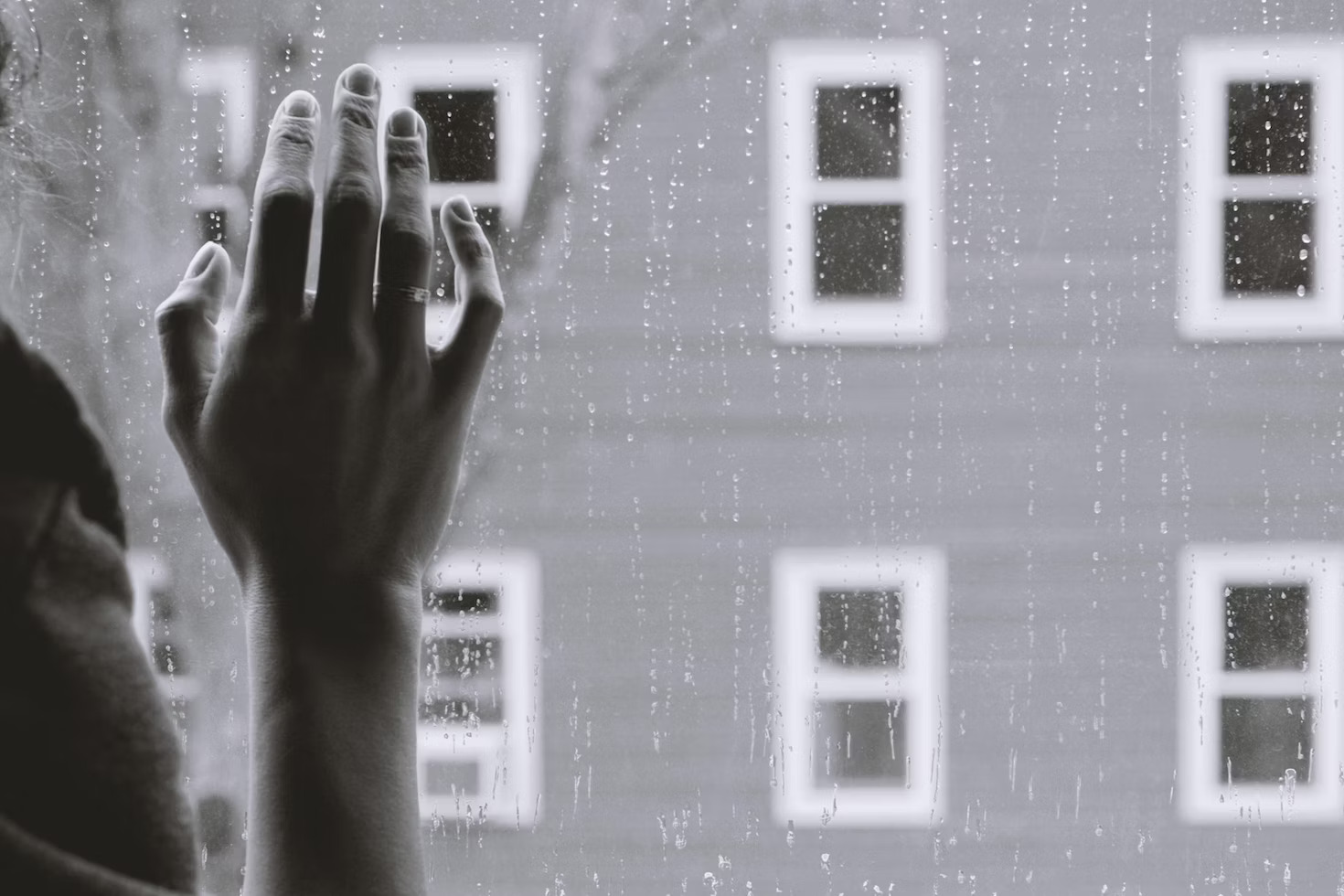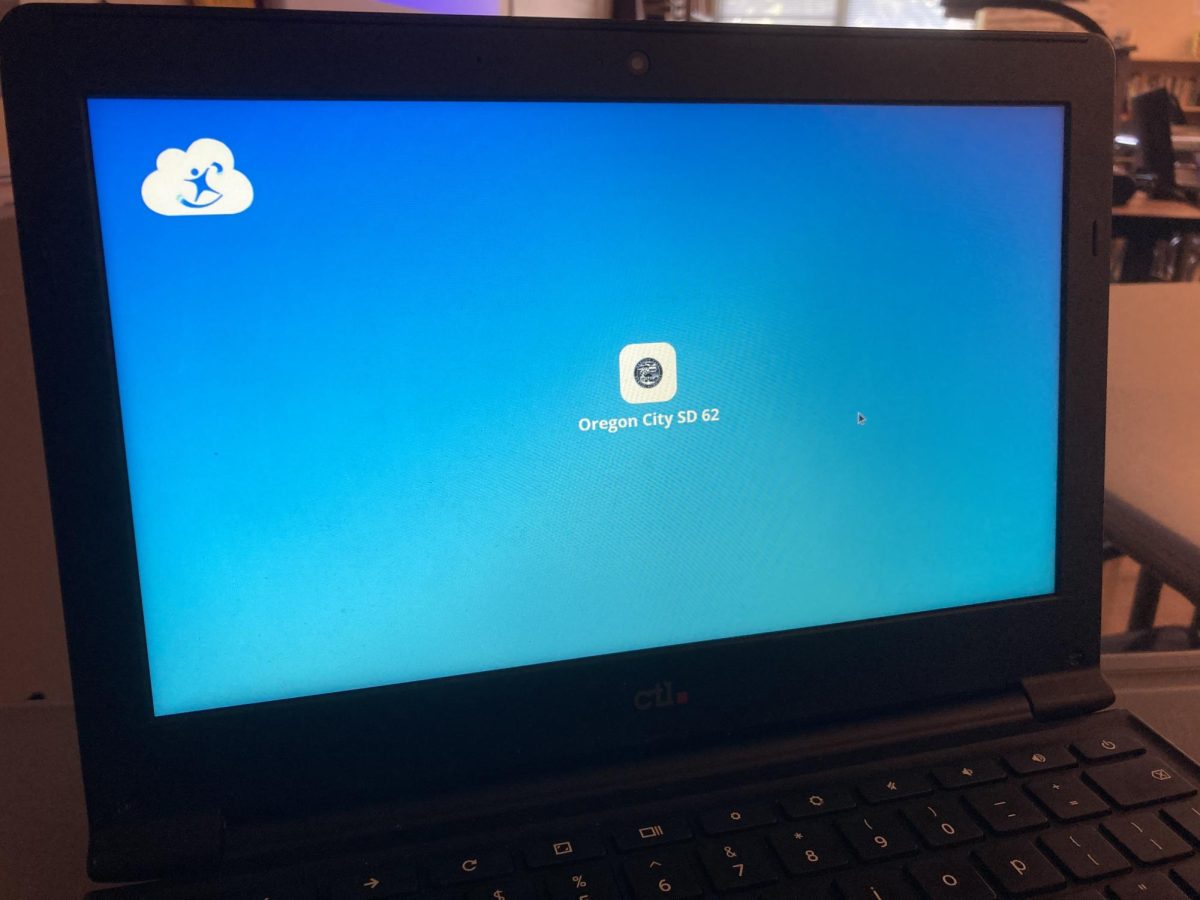(This story was originally published in The Elevator in June, 2023.)
On Tuesday, May 23 the United States Surgeon General, Dr. Vivek Murthy, released an advisory about social media and its effects on teen and adolescent mental health. This suggests that mental health today isn’t what it was fifty years ago. People grow and change, adapt to their situations and surroundings, and are confronted by new obstacles almost every day.
Most people today are actively aware of their mental states and are more accepting of people who have mental disorders.
Normalization surrounding mental health has increased, but that doesn’t mean the issue isn’t still there and prevalent.
More people are talking about mental health and becoming increasingly aware of the stigma that surrounds it, said Dr. Ashley Bauer, a mental health and substance abuse counselor at Base Behavioral Health in Beaverton, Oregon. “… Everyone experiences it to some degree” but the stigma is definitely still impacting teens.
A recent survey from Mental Health America found that over 1 in 10 youth in the United States have or are currently experiencing depression that severely impedes their ability to complete simple tasks, such as schoolwork.
The teenage population is probably the most impacted “because of society and media,” said Bauer.
Covid-19 and Teen Mental Health

The COVID-19 pandemic shut the doors of schools, businesses, and teen social lives. Individuals were subject to limitations as to what they could do and who they could talk to.
Isolation restricted communications with people outside your immediate family, leaving students with limited contact with teachers and educators.
Now, after the pandemic, these limited communications have caused individuals to resort to holding in their emotions instead of expressing them because “people don’t know how to talk and communicate anymore,” said Bauer.
In an anonymous mental health survey conducted by students of Oregon City High School, it was discovered that 19 out of the 60 respondents were experiencing mental health struggles 7 days a week during the Covid-19 pandemic.
In the same survey, 22 out of the 60 respondents admitted to feeling lonely 7 days a week and 14 admitted to feeling lonely 6 days a week during the pandemic.
Social Media and Teen Health

Limited in-person interactions pointed individuals in the direction of social media, as a new way to interact socially with one another.
The younger generation is driven towards the frequent usage of social platforms like Instagram, Snapchat, TikTok, and many others.
A survey of 13 to 17-year-olds, conducted by Pew Research Center in 2022, found that 46% of the surveyed are almost constantly online and 54% of teens said it would be at least somewhat hard to give up social media altogether.
These social platforms provide entertainment for the individuals that use them and give people an outlet to express their creativity.
Social media can help teens seek attention and approval “sometimes in a positive way”, providing opportunities to connect when they aren’t able to see their peers in person, said Bauer.
However, a study conducted by JAMA Psychiatry found that youth who spend more than 3 hours a day on social media may have an increased risk of mental health problems.
Social media can also unintentionally allow things like cyberbullying, unrealistic standards, excessive electronic use, and less connection to the “REAL WORLD” to commence, said Bauer.
The teenage population struggles with the urge to portray images of “what you feel like should be you” based on what is shown on social media, said Bauer. “And this identity crisis kind of happens, and a lot of isolation…as well.”
In the Surgeon General’s recent health advisory, it was written that social media can have “a profound risk” on “the mental health and well-being of children and adolescents.”
Climate Change and Youth Mental Health

Our climate is changing and our planet is increasingly getting warmer.
According to the Mental Health Authority, the mental health effects of climate change are directly related to the physical repercussions of severe weather events. This directly correlates with anxiety, fear, and unease associated with stressors such as water and food insecurity.
Extreme weather events cause anxiety and depression, trauma and shock; post-traumatic stress disorders, among other things, according to the Climate Change and Youth Mental Health survey conducted by the Mental Health Authority.
59% of youth surveyed reported feeling very, or extremely worried about climate change and 84% were at least moderately worried, the report said.
“Research is showing that the overarching threat of climate change is negatively affecting the mental and emotional well-being of people globally”, this is being identified as climate anxiety or eco-anxiety, according to the report.
The anxiety surrounding the climate crisis of our planet is adding an extra level of distress to today’s youth and it makes them worry about what the future holds. “If it keeps getting worse…I don’t like thinking about how bad it could be for me and for my future kids,” said Shelby Gray, a sophomore at Oregon City High School (OCHS).
Resources and access to mental health services
Oregon is in a mental health crisis.
“Oregon is … one of the top-rated states that have a lack of mental health services,” said Bauer.
Oregon kids aren’t getting the help they need and eventually end up falling through the mental health care systems’ gaps, created by the state’s efforts to save money throughout the past 20 years.
There aren’t enough therapists and services, or resources in Oregon for people to use and get the help they need, said Bauer.
In order to receive the care you need, you have to fail in the system, said Dr. Robin Henderson, the chief executive for behavioral health for the Providence Health System in Oregon, as reported in Oregon Public Broadcasting.
In a study by Mental Health America, it was found that 59.8% of adolescents with major depression didn’t receive any mental health treatment, and nationally only 28% of youth with severe depression received some consistent treatment.
But even people who have access to counselors or mental health professionals might not feel comfortable speaking to “some random person on a phone call or some counselor”, “It would be a little embarrassing”, said Gray.
Mental health is “a very personal topic” and talking to “strangers” about it is something that many teens like Gray are “not really comfortable with.”
To better understand the effects of mental health students at OCHS conducted a survey and it was discovered that 73% of respondents have access to a counselor or mental health professional, but only 35% said they utilize these resources.
In the same survey, it was found that 63.3% of respondents do not have access to mental health medications and only 21.7% of the 36% that have access to these resources, utilize them.
What to expect from mental health in the future
Not a lot is known about the future of mental health. But, the direction mental health is currently heading is one of concern.
“Unless things change for your future I don’t know if you all will have the resources or the ability to get through some of these big things that are happening,” said Bauer.
Communicating with each other, being vulnerable, and sharing your experiences can help support people who are struggling with their mental health, said Bauer.
“If you can be a little bit more brave or vulnerable with yourself to the people that you feel a little bit safe with, you could really, not only change your life and your struggles, but you can also change others,” said Bauer.
Technology has opened a new door for mental health resources, anyone who has a phone can contact a crisis center, according to the National Institute of Mental Health (NIMH).
Studies are finding that technology can be a valuable resource when it comes to mental health care and services. Engineers and clinicians are teaming up to develop behavioral health applications so that mental health resources are more accessible, click here to learn more.
It is important to care for your mental health, if you or someone you know is struggling, don’t hesitate to get help. Call 877.968.8491 or text 839863, YouthLine, a free teen-to-teen crisis support line.







